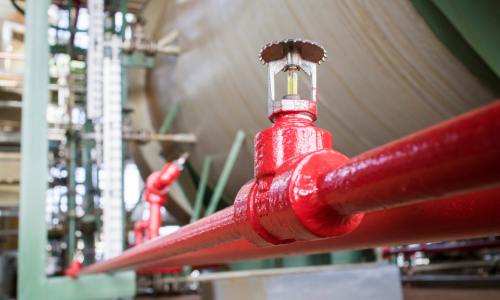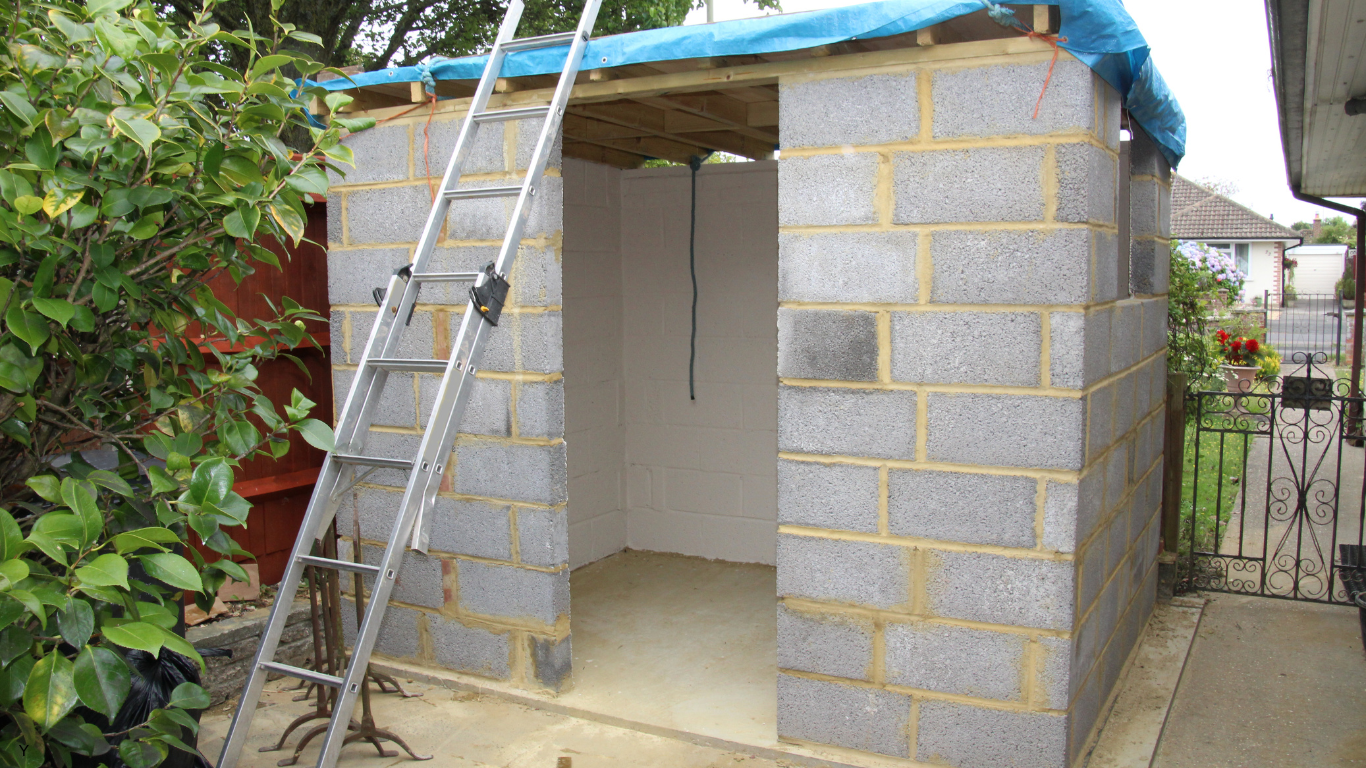Newly Enacted HB 551 (2025) Modifies Three Statutes to Simplify and Shorten Fire Sprinkler and Fire Alarm PErmitting
On July 1, 2025, HB 551 (2025) became law in Florida and made changes to 553.7932 and two sections of Chapter 633, Florida Statutes, both of which deal with fire sprinkler and fire alarm systems. The changes to 553.7932 generally are aimed at shortening and simplifying permitting application times for fire alarm system projects with 20 or fewer devices. The full text of the changes is located below. The Changes to Chapter 633, Florida Statutes, provides additional requirements for uniform summary inspection reports.
Modifications to 553.7932, Florida Statutes
553.7932, Florida Statutes, is modified as follows:
553.7932 Simplified permitting processes.
(1) As used in this section, the term:
(a) "Alteration" means to add, install, relocate, replace, or remove.
(d)(c) "Fire alarm system project" means a fire alarm system alteration of a total of 20 or fewer initiating devices and notification devices;, or the installation or replacement of a fire communicator connected to an existing fire alarm control panel in an existing commercial, residential, apartment, cooperative, or condominium building; or the replacement of an existing fire alarm panel using the same make and model as the existing panel.
(3) A local enforcement agency must issue a permit for a fire alarm system project or fire sprinkler system project in person or electronically within 2 business days after submission of a completed application. A contractor may commence work authorized by the permit immediately after submission of a completed application.
(4) The a local enforcement agency must provide an inspection within 3 business days after such inspection is requested, require at least one inspection of a fire alarm system project or fire sprinkler system project to ensure compliance with applicable codes and standards. If a fire alarm system project or fire sprinkler system project fails an inspection, the contractor must take corrective action as necessary to pass inspection.
(5)(a) For a fire alarm system project, a contractor must keep a copy of the plans and specifications at the fire alarm system project worksite and make such plans and specifications available to the inspector for an onsite plans review at each inspection. If the local enforcement agency determines that it needs additional documents for recording purposes, the contractor must provide such documentation in paper or electronic form to the local enforcement agency within 4 business days after the inspection or 4 days after the documentation is requested, whichever is later. The local enforcement agency may not require additional plans reviews or documentation of areas or devices outside the scope of permitted work, as needed on permit applications.
(b) For a fire sprinkler system project to alter an existing fire protection system, a contractor must keep a copy of the plans and specifications at the fire sprinkler system project worksite and make such plans and specifications available to the inspector at each inspection. If the local enforcement agency determines that it needs additional documents for recording purposes, the contractor must provide such documentation in paper or electronic form to the local enforcement agency within 4 business days after the inspection or 4 days after the documentation is requested, whichever is later. The local enforcement agency may not require additional plans, reviews, or documentation of areas or devices outside the scope of permitted work, as needed on permit applications.
(6) A local government that fails to meet a deadline under subsection (3) or subsection (4) must refund the permit fee by 10 percent for each business day after such failure, unless the local government and contractor agree in writing to a reasonable extension of time, the delay is caused by the applicant, or the delay is attributable to a force majeure or other extraordinary circumstances. Each 10-percent refund shall be based on the original amount of the permit fee.
(7) By October 1, 2025, a local enforcement agency must establish a simplified permitting process that complies with this section.
Modifications to Chapter 633, Florida Statutes
633.202, Florida Statutes, is modified as follows:
(9)(a) The State Fire Marshal shall make rules that implement this section and ss. 633.104 and 633.208 for the purpose of accomplishing the objectives set forth in those sections.
(b) A county or municipality may only enforce an ordinance providing for a local amendment to the Florida Fire Prevention Code if such ordinance was transmitted to the Florida Building Commission and the State Fire Marshal pursuant to subsection (8) as of the date that the permit was submitted.
633.312, Florida Statutes, is modified as follows:
(3)
(b) The State Fire Marshal shall adopt rules to implement a uniform summary inspection report and submission procedures to be used by all third-party vendors and local authorities having jurisdiction. For purposes of this section, a uniform summary inspection report must record the address at which where the fire protection system or hydrant is located, the company and person conducting the inspection and their license number, the date of the inspection, and the fire protection system or hydrant inspection status, including the total number of deficiencies found, separated into critical and noncritical categories, and a brief description of impairment deficiencies a brief summary of each deficiency, critical deficiency, noncritical deficiency, or impairment found. A contractor's detailed inspection report must also be provided, but is not required to follow the uniform summary inspection report format. The State Fire Marshal shall establish by rule a submission procedure for each means provided under paragraph (a) by which a local authority having jurisdiction may accept uniform summary inspection reports. Each of the submission procedures must allow a contractor to attach additional documents with the submission of a uniform summary inspection report, including a physical copy of the contractor's detailed inspection report. A submission procedure may not require a contractor to submit information contained within the detailed inspection report unless the information is required to be included in the uniform 149 summary inspection report.
About the Author
Jason Lambert is a Florida Board Certified Construction Attorney and Partner in the Construction Industry Practice Group at Hill Ward Henderson, in Tampa, Florida. He is also the founder and chief contributor to the Hammer & Gavel construction law blog. Jason focuses his practice on representing contractors, subcontractors, and materials suppliers throughout the state of Florida. Before law school, Jason spent a decade working in the construction industry, primarily as a project manager and operations director for both new construction and remodeling. He can be reached at jason.lambert@hwhlaw.com or 813-227-8495.






